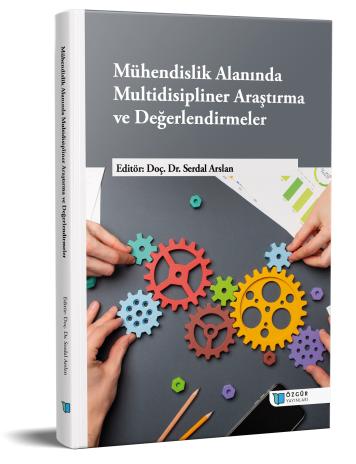
Time Study Application and Efficiency Improvement Strategies in Flexible Production Systems
Chapter from the book:
Arslan,
S.
(ed.)
2025.
Multidisciplinary Research and Evaluations in the Field of Engineering.
Synopsis
This study aims to identify inefficiencies in the production process of a flexible manufacturing system through the application of time study methodology and to propose strategic improvement areas accordingly. Observations and measurements conducted on a newly established production line revealed significant discrepancies between theoretical capacity and actual performance. Beyond simply measuring task durations, the time study facilitated an in-depth evaluation of production delays, synchronization issues, operator performance, and systemic failures. Based on the findings, technical and managerial recommendations were developed to eliminate productivity constraints within the system. These include the implementation of predictive maintenance practices, optimization of sensor infrastructures, balanced workforce planning, and integration of decision-making systems based on Overall Equipment Effectiveness (OEE). The study demonstrates that time study is not merely a tool for tracking operational durations, but a comprehensive method for analyzing production systems and supporting strategic decision-making.

